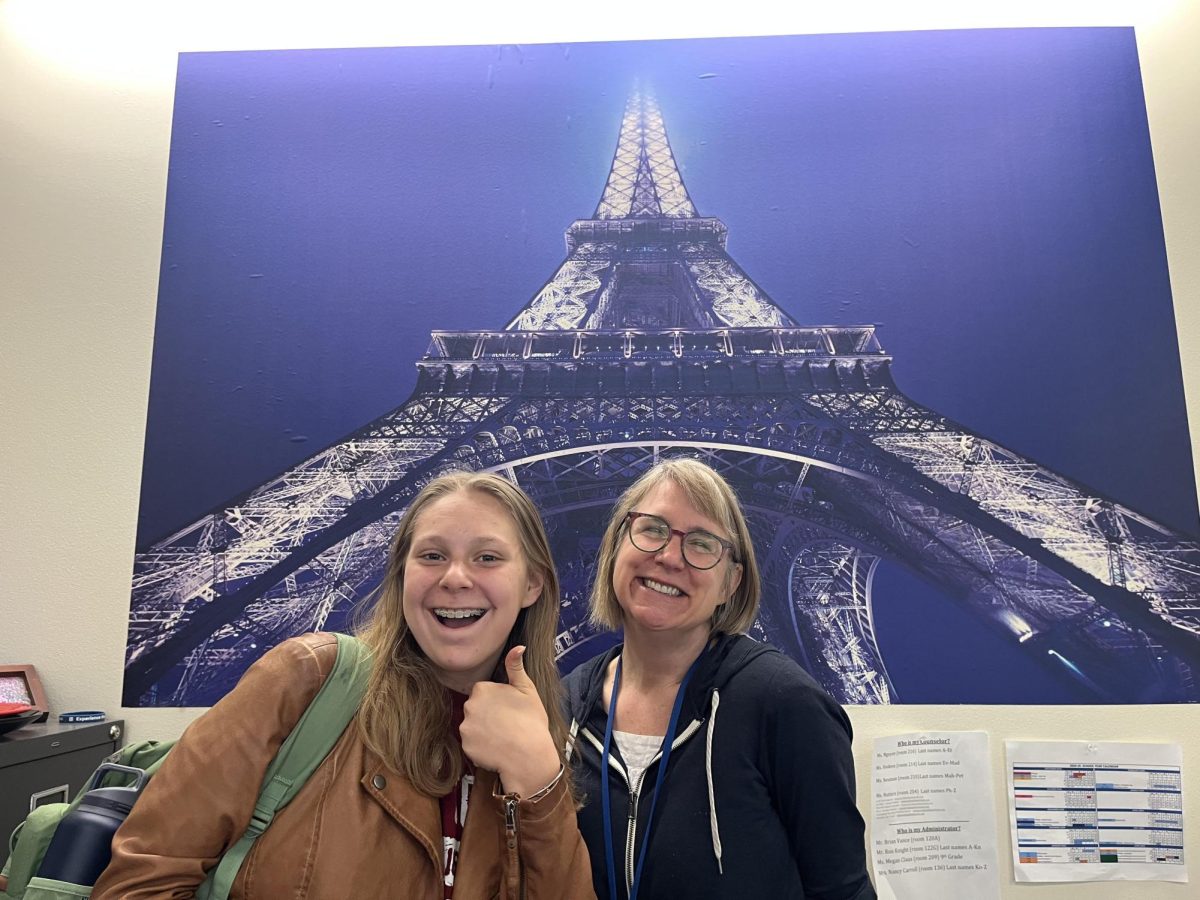Erika Marques is a mother of one and has been married to her husband for 21 years. She was born and raised in Sao Paulo and moved to America shortly after meeting my dad. She was a dentist when she lived in Brazil but went to school again to become a dental hygienist when she moved here. Outside of her work she loves to paint, paddleboard and collect crystals.
Erika moved to America from Brazil in September of 2001. Immigrating to a new country comes with its own set of challenges, and these challenges only worsened because of the events that took place on September 11th. This resulted in many people constantly jumping to conclusions when they met her.
Since she moved here, she has become fluent in English, become a citizen, went through 2 years school again at PIMA community college to become a dental hygienist, but her journey has been soiled by the unnecessary critiques of her accent and citizenship, rather than being recognized for her accomplishments.
Despite her qualifications and her contributions, Erika continues to be marginalized, facing distrust from patients, colleagues, and superiors solely because of her accent.
Because the dental field has such a shortage of dental hygienists, Marques has never been denied a job or been paid any less because of her citizenship but she’s been forced to abandon several positions because of the treatment she faced, not only from patients but from the dentists themselves.
One job she resigned because the dentist asked her to stop saying certain phrases because he just didn’t like to hear them with her accent. The verbal hostility she has experienced time and time again from people who profess liberalism highlights the nature of discrimination faced by immigrants like her.
According to Erika, one of the biggest challenges she faced when she started working in America was the language barrier. She found it difficult to communicate with both colleagues and patients and sometimes still struggles with this. Not being able to communicate with coworkers has led to Erika feeling isolated at times and even excluded from advancement opportunities due to the social differences.
Feeling excluded is something many immigrants deal with in their lives because of the language barrier and because of the cultural differences. There are many differences when it comes to communication styles and social norms in general. Being an immigrant, Erika comes from a different culture with different communication norms and the way that people in her workspace interact can still be unfamiliar at times.
Throughout her life in the United States, according to Erika “I have experienced micro aggressions and stereotyping on a daily basis. Patients have turned me down as their hygienist because they assume I’m going to be an aggressive person.”. She says the most common types of micro aggression she’s experienced include assumptions about her English skills, her work habits, and her abilities to preform her job correctly.
Erika is a spiritual person and has used that, her art, and exercising as an outlet to manage these difficulties. She also keeps in contact with her family in Brazil and visits them when she can.


